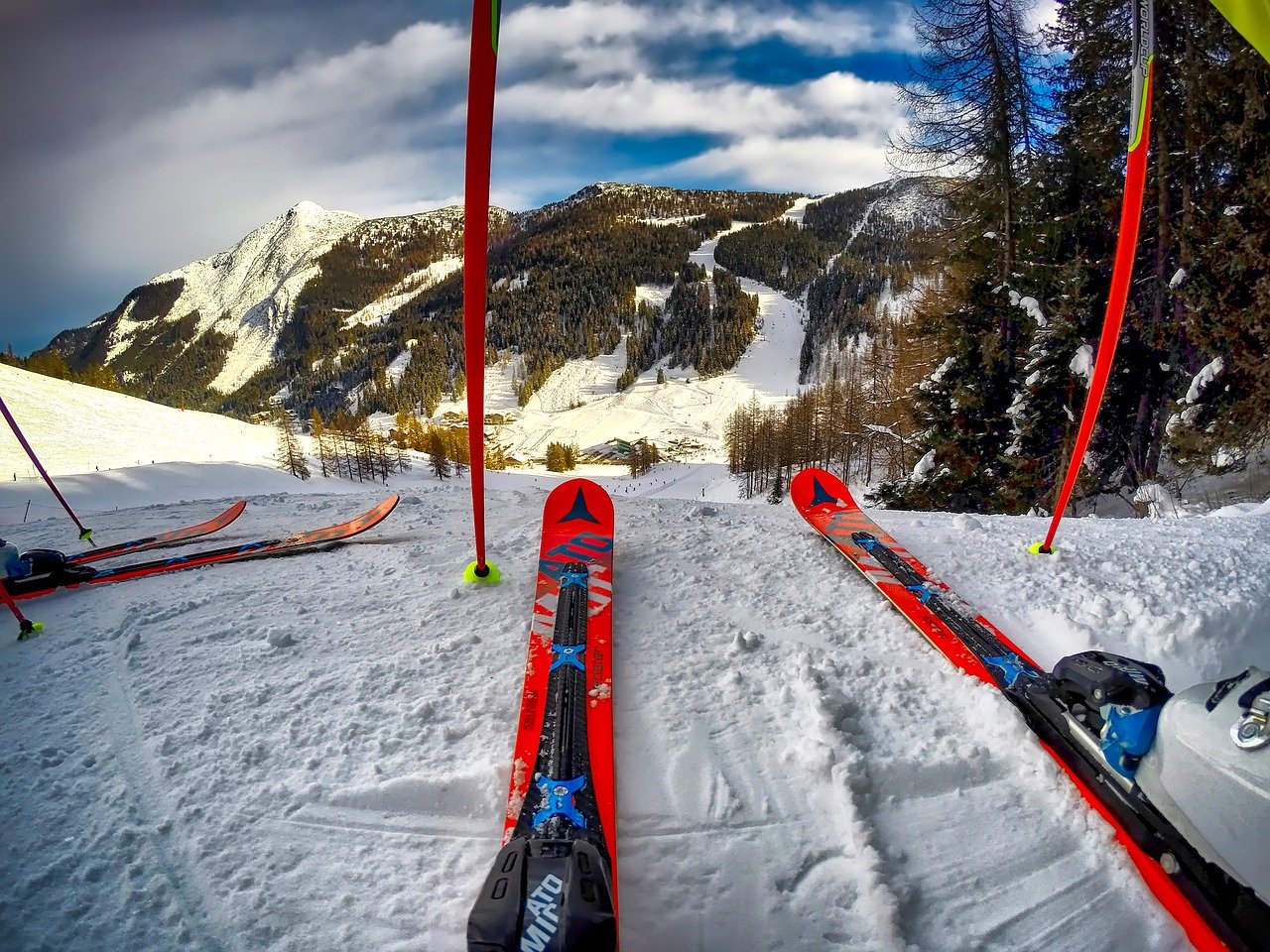Like any physical activity, outdoor winter sports can pose a risk of injury. While injuries do occur, they happen less often than you might think. As a general rule, winter sports only become dangerous when precautions are not followed.
No matter what winter sport you choose, it is important to stay warm. The right clothes and equipment will help with that. Some of the new fabrics suitable for cold temperatures will give optimal thermal support without adding extra weight. When the body is at the right temperature, it doesn’t need to waste a lot of heat to get warm.
When choosing a hill to go down, make sure the hill is not too steep and that it is covered with snow and not ice. The hill should not end anywhere near cars on the road. Also, avoid obstacles such as rocks, bushes, and stumps covered with snow. You should only ride in daylight, or in well-lit areas. The sled should be sledged sitting down, not lying down. Going down while lying down increases the risk of injury.
Helmets are a must for skiing and snowboarding. Protective goggles will protect your eyes from bright sunlight and objects that can obstruct and enter your eyes (such as tree branches). Snowboarders need knee and elbow guards. Some who are just learning wear specially padded pants to cushion falls.
